
2 minute read
EASTER 2023
BY DR. DOUGLASS KEY
Our Journey through the Bible would not be complete if we avoided Holy Week. To avoid the stories of Jesus’ suffering and death is to rob Easter's empty tomb of its power and joy. The journey to Easter invariably runs through failure – betrayal, denial, abandonment, silence, death, and failure by disciples, religious leaders, and political officials. To receive the good news of the resurrection, we must first reckon with the fact that Jesus was crucified, dead, buried, and descended into hell. Those who conspired against him, to destroy him, succeeded. The Law and the Prophets won.
Advertisement
Alan Lewis narrates our Journey like this: “On the day after his death, Jesus is no hero, savior, or redeemer. He is dead and gone, convicted as a sinner, a rebel and a blasphemer, who has paid the price of tragic failure. He simply died and his cause died with him, quite falsified and finished… Until his last moment he has had his chance to prove things otherwise, to verify that there really is some divine enigma by which the vulnerability of love can mightily conquer everything. But the son of man has not come down off the cross; his brand of nonresistance has proved no match for military might or the politics of fear… We can no longer shut our eyes to the terrible possibility, not that he has failed God in his death, but that in his death, God has failed him.” (Lewis, p.46, 54)
"THEN HE CAME TO THE DISCIPLES AND SAID TO THEM, ‘ARE YOU STILL SLEEPING AND TAKING YOUR REST? SEE, THE HOUR IS AT HAND, AND THE SON OF MAN IS BETRAYED INTO THE HANDS OF SINNERS. GET UP, LET US BE GOING. SEE, MY BETRAYER IS AT HAND.’"
(MATTHEW 26:45-46)
Holy Week is a week of “terrible possibilities.” But if we are to grasp the magnitude of God’s vindication on Easter morning, we cannot jump from Palm branches to Easter Lilies and disregard everything that happens in between. Easter ceases to be Easter if we neglect the dereliction and failure. If we turn away from Jesus falling to the ground in the garden, begging not to die, his prayers met only by the silence of God and the snoring of his closest friends, Easter becomes just another excuse to buy a new dress.
Easter is more than that, of course; it is nothing less than the divine pronouncement that every word spoken by this forsaken failure was true. It means that whatever betrayal and denial, whatever abandonment and isolation he suffered was not God’s final word on him. His words and deeds are as vindicated as the God who brought him forth from the grave.
It helps that this is not our first journey through Holy Week. Because we have walked this way before, we know, even in the darkness of suffering and death, that much more lies ahead. This ending is not the final act. Because we have heard this story before and know where this path leads, we know that, as Lewis says, “there is a day in history which is both the day after the end of life and the day before the end of death, the day that remembers Christ’s failure and his Father’s and the day which hopes for his and God’s future and therefore our own.” (p. 68)
To be children of that hope, to live in the confidence of that proclamation and know that the powers of godlessness that were so triumphant on Friday have been judged, condemned, and threatened with destruction on Sunday – we have to journey faithfully and fully through Holy Week.

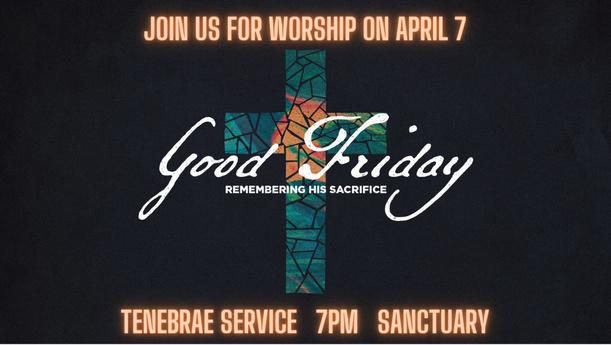
Lewis,AlanE.,BetweenCrossandResurrection:A TheologyofHolySaturday,GrandRapids: Eerdmans,2001.
EASTER LILY DEDICATION FORMS WILL BE AVAILABLE AT OUR WELCOME CENTERS AND ONLINE SOON
PLEASE RETURN FORMS (& CHECKS) TO JULIE MCDANIEL IN THE CHURCH OFFICE BY APRIL 3

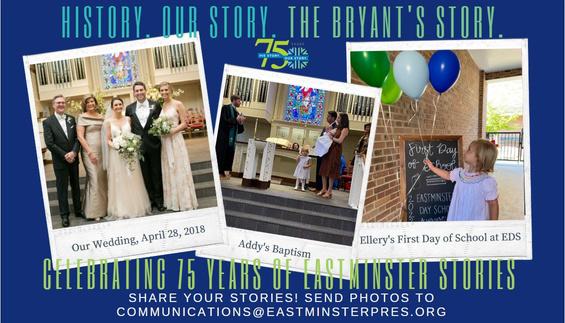











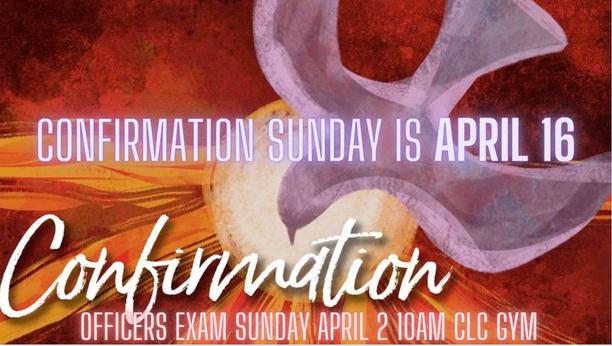
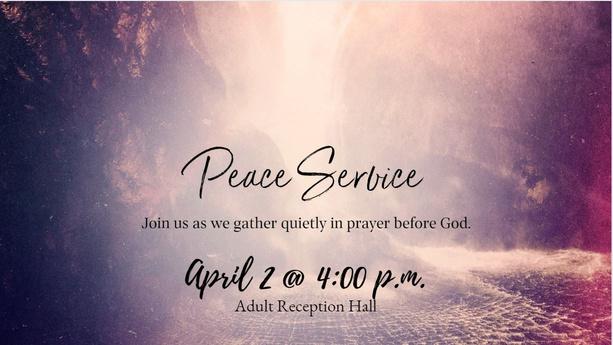
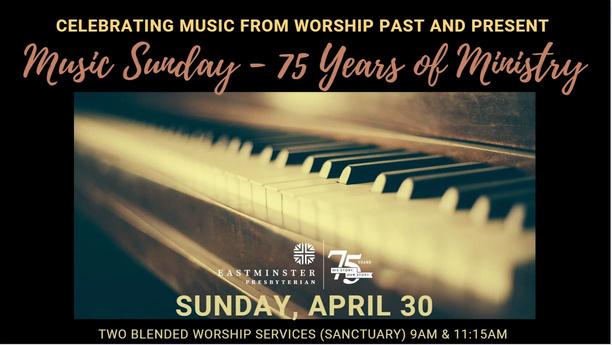









Q1 2023 Newborns






